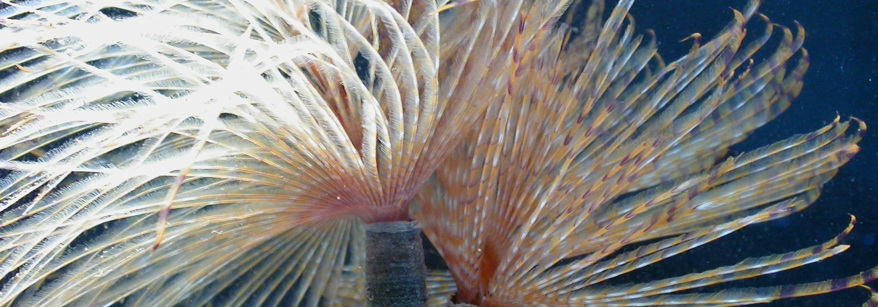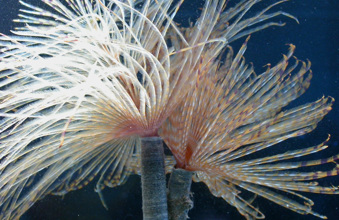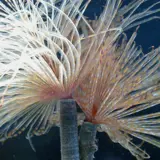The movement of boats around the country between harbours increases the risk of marine pests spreading.
Marine pests often ‘hitchhike’ on boats and equipment moving around the country, either from biofouling on boat hulls or from the discharge of ballast and bilge water.
To protect the region’s coast from unwanted marine pests the Bay of Plenty Regional Pest Management Plan 2020 – 2030 (RPMP) contains rules that apply specifically to craft and equipment moving to or within the region:
Rule 1
The occupier in charge of a craft moving to, or within Bay of Plenty waters must ensure the hull is sufficiently cleaned and antifouled, so that the hull has no more than a slime layer and/or barnacles.
Rule 2
All aquaculture equipment (including ropes and floats) used within Bay of Plenty waters must not have been used outside Bay of Plenty waters or used within a known pest incursion zone in the Bay of Plenty.
For more information on marine pests visit Clean Below? Good to Go.







